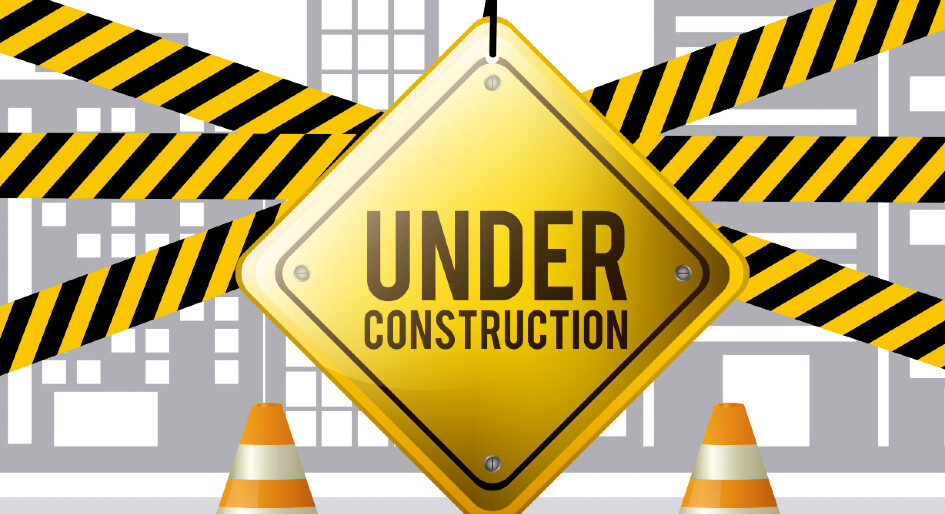Businesses in some of Toronto’s protracted construction zones could receive modest recompense from one of the chief perpetrators. City officials are now accepting applications for a new grant program to offset the negative impacts of transit expansion projects.
That includes a commitment of $600,000 over three years from Metrolinx — developer of the Eglinton Crosstown Light Rail Transit (LRT) line, which is now in its 12th year of construction — to be specifically channelled to seven business improvement areas (BIAs) along the route. However, BIAs and not-for-profit organizations citywide are eligible for the larger pot of funds to be allocated as grants of $50,000, $25,000 or $10,000 with a maximum annual outlay of $50,000 per applicant.
The program is meant to respond to multi-year transit construction projects that infringe on commercial areas with a density of retail and service establishments — creating pedestrian detours and/or traffic lane closures and/or impeding access to parking or existing public transit. As outlined in a report to Toronto City Council last year, it’s also seen as an instrument that could “make it easier in the future to secure additional funding for construction business mitigation purposes from other sources, including the provincial and federal governments” to address disincentives for consumers, temporary inconveniences such as utility shutoffs and more chronic issues of noise, vibration, dust and unsightly streetscapes.
“While investments in transit infrastructure are essential for Toronto’s continued growth and prosperity and provide benefits that are recognized by a broad cross-section of the city’s population, the negative impacts of construction sometimes fall disproportionately upon retailers and other small businesses near construction zones,” the report acknowledged.
Eligible organizations can apply for funding from up to two years before a major transit project is scheduled to begin to one year following its completion. Approved recipients may use the grant for a range of purposes including: marketing and communications; public art projects; community events; research, data collection and analytics; consulting services; salaries and/or honorariums for volunteers. That must occur no later than two years (730 days) after the completion of construction, which potentially presents a long horizon for the required spending.
This year’s deadline for applications is March 2, 2023, but there are few instructions openly available and no portal for online submissions. Rather, prospective applicants are advised to contact program administrators via email.
Applications will be assessed on a first-come, first-served basis. However, as endorsed by Toronto City Council, administrators will be looking for proposals that align with the goals to test “innovative and effective construction mitigation strategies” that could be replicated throughout the city and serve as a model for BIAs and business communities elsewhere.








